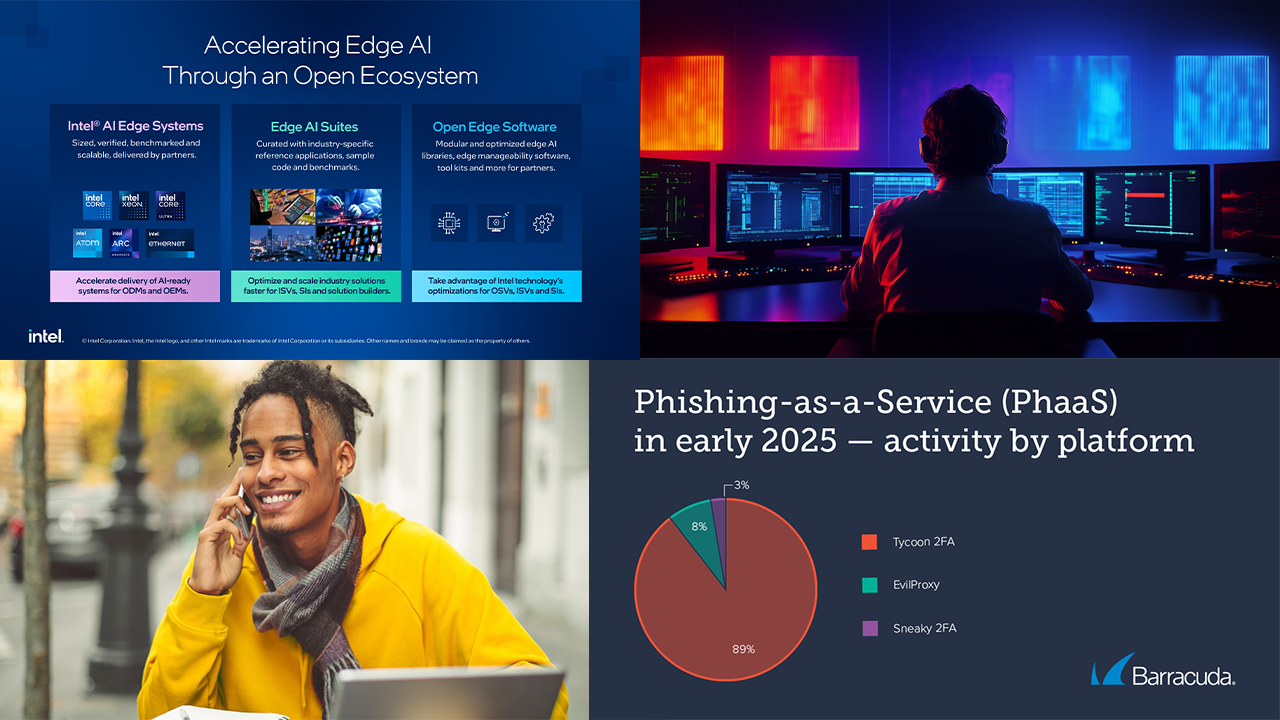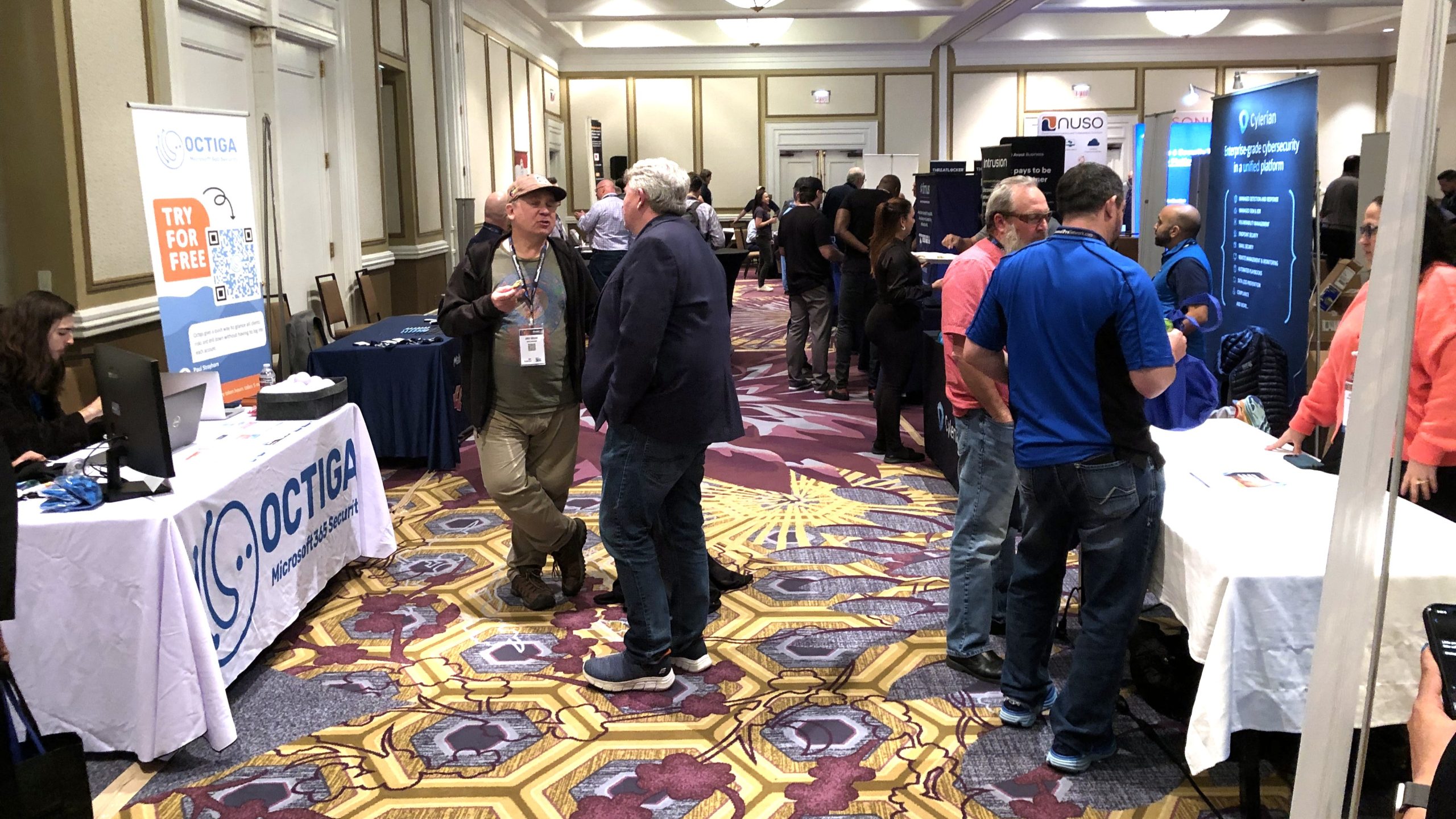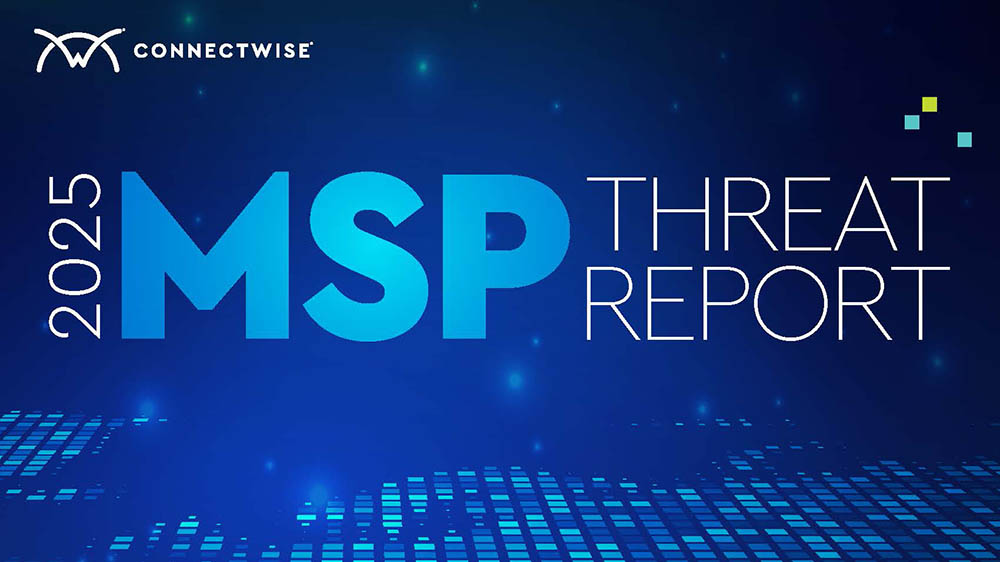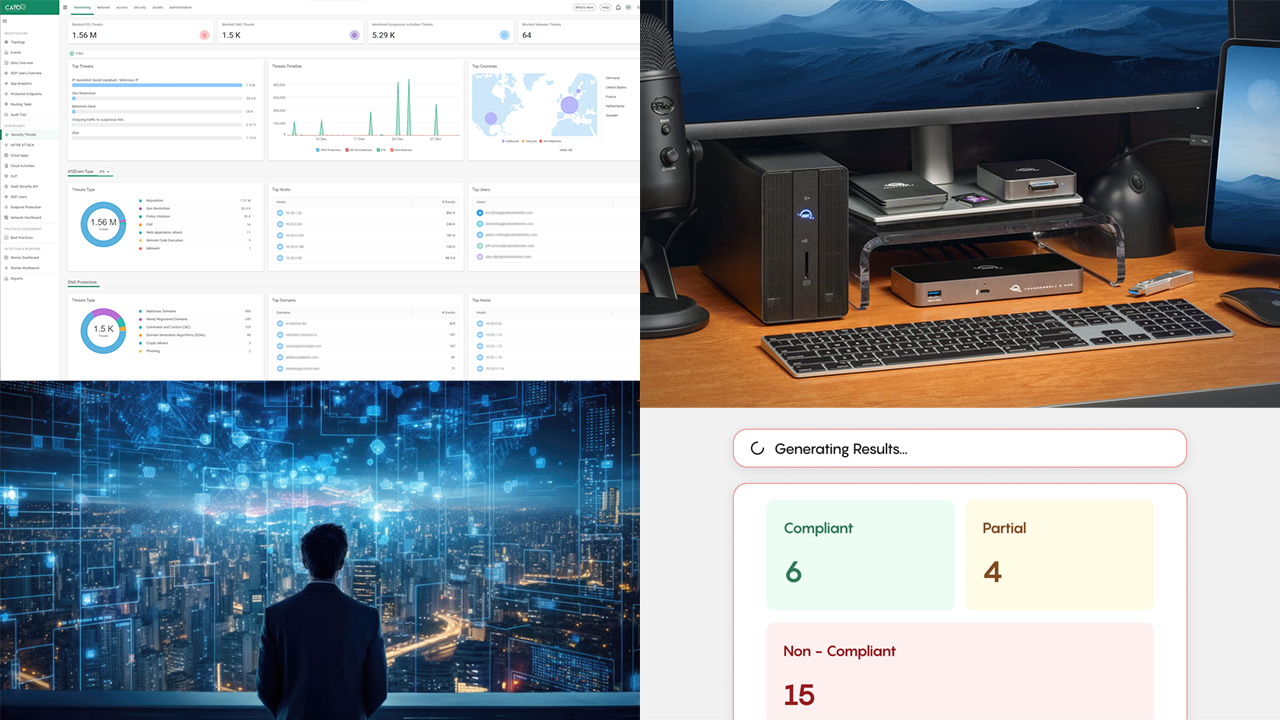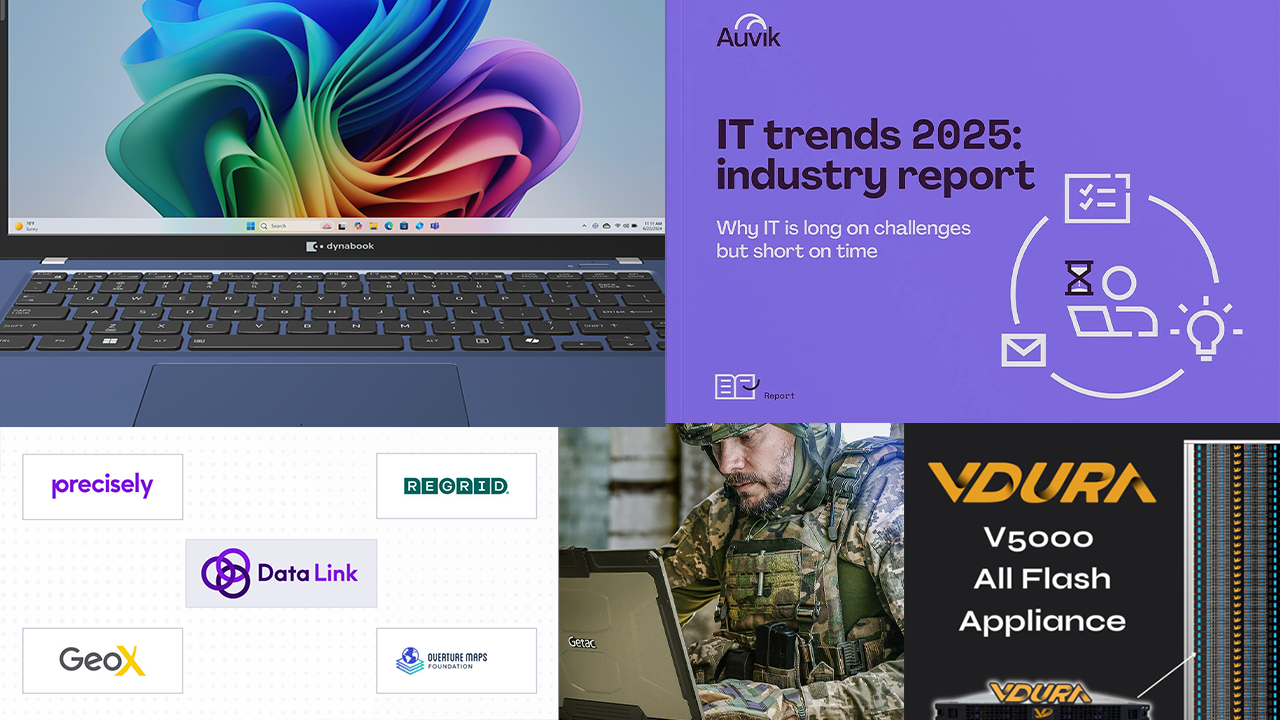DataStream, a cyber insurance broker that helps MSPs and their end users collect competitive bids from multiple carriers, plans to introduce an insurance policy of its own.
The new coverage option, which is scheduled to reach market by the first quarter of next year, will award discounted rates to end users supported by channel pros who use software from DataStream’s security and backup partners.
“When you can underwrite your own product you can reward people for good behavior,” says Larry Meador, who became DataStream’s channel chief last month.
The size of the discount that buyers receive will be determined by machine learning software that uses anonymous vendor telemetry, supplied via backend integrations, to perform risk comparisons with a control group of general users. DataStream’s parent company, U.K.-based reinsurance provider Envelop Risk, will supply the information employed to create that generic risk profile.
“We’ve got data on cyber claims over the past five to 10 years that we can drill into,” Meador says. DataStream’s analytical model is based on what the company says is the world’s deepest pool of cyber insurance data, drawn from nearly 1 million companies and over $10 billion in insurance premiums.
Meador declined to specify which vendors have agreed to participate in the new offering to date, except to indicate that they’ll be familiar to most MSPs. “We’re trying to build alliances with a lot of the key vendors in various segments of the cybersecurity stack,” he says.
Cyber insurance prices in the U.S. rose 79% in the second quarter of 2022, according to insurance broker and risk advisor Marsh.
Advanced analytics of the kind DataStream will use with its insurance offering are core to the broker’s strategy for succeeding in the volatile and still young cyber coverage market. “We’re truly a data science company,” Meador says.
At present, DataStream offers policies from more than 30 insurance carriers. It will continue representing those firms after its own policy becomes available. “We just feel that we’ll be able to have a very competitive product out there as well,” Meador says.
DataStream works exclusively through MSPs and MSSPs. “We don’t really sell anything to the MSP. We just partner with the MSP and ask to be their resource for cyber insurance,” Meador says. Accepting that offer, he continues, spares partners the time-consuming burden of completing the lengthy questionnaires that many brokers and insurers currently require. The company employs a single, universal form roughly four to five pages long to collect information about applicants and then solicit quotes from multiple carriers.
“We always try to come back with at least good, better, and best options for the customer,” Meador says, noting that the company then helps the end user understand the strengths and weaknesses of each one. That’s information channel pros generally aren’t qualified to provide, he adds. “You can’t get into the nuts and bolts because you’re not licensed, and you can get yourself in trouble that way.”
DataStream uses a quick, heavily automated assessment of an applicant’s IT environment to determine how likely they are to get coverage from today’s increasingly cautious insurance providers.
“Green light means they’re highly insurable,” Meador says. “Yellow light means they’re probably insurable but might not get the best premiums, but if they did a couple of extra steps in their security posture they probably would move up to green. Red means that they need to do a little bit of work to their security posture, because they’re not looking insurable right now.” Partners can use the assessment results to propose follow-up projects and recommend needed security products, Meador notes.
DataStream also offers policy reviews to companies that already have coverage. “If they’ve got a great policy, we’re going to be the first to tell them,” Meador says, “but a lot of times when we do these reviews, we’re seeing that many of these companies are vastly underinsured.”
A common example, he continues, is when a business adds a cyber insurance rider to a general liability policy rather than purchase full-blown cyber protection. “The challenge is most riders on a GL policy only cover up to maybe $100,000,” Meador says, and most breaches inflict far more damage. “We often say that if you’ve got a rider on a GL policy it’s probably going to buy coffee for the incident response team during the first week, and that’s about all it’s going to cover.”
DataStream has been generating leads for its partners since last month, when it introduced a first-ever advertising campaign aimed directly at SMBs. “As we talk with customers who perhaps don’t have an MSP that they’re working with, or an MSSP, we can refer them to someone after we do a cyber insurance assessment,” Meador says.
Unexpected losses on underpriced cyber insurance policies have carriers and brokers increasingly partnering with security and other vendors to measure end user risk more accurately.
ConnectWise, for example, has offered discounted coverage through an alliance with broker Fifthwall Solutions since June. Cloud management vendor Augmentt announced a similar deal with SeedPod Cyber the same week. Trend Micro and IGI CyberLabs, which makes the Nodeware vulnerability monitoring product, have been partnering with insurer Cowbell Cyber since earlier this year to helps end users apply for coverage more easily and pay lower rates.





